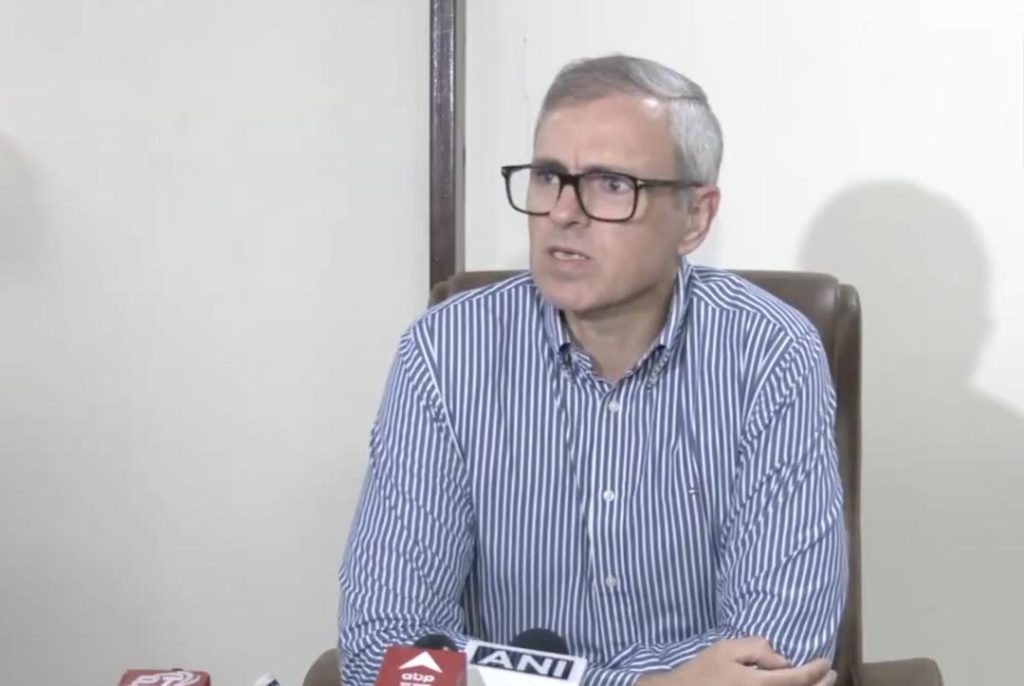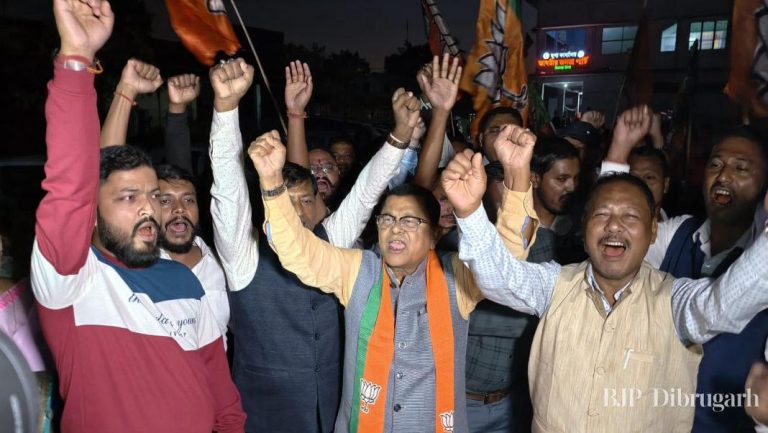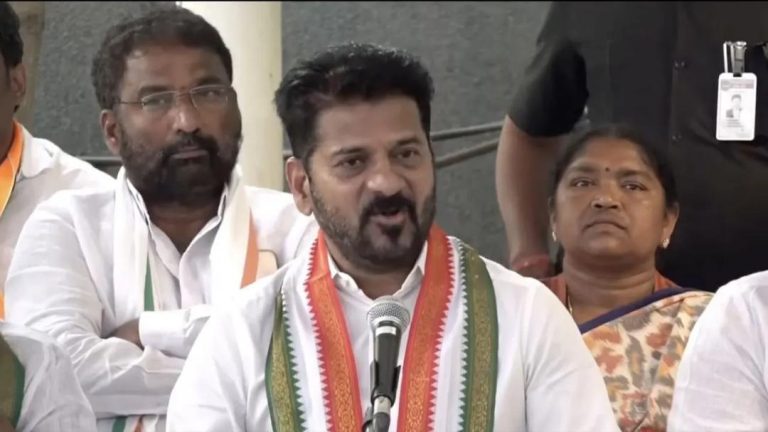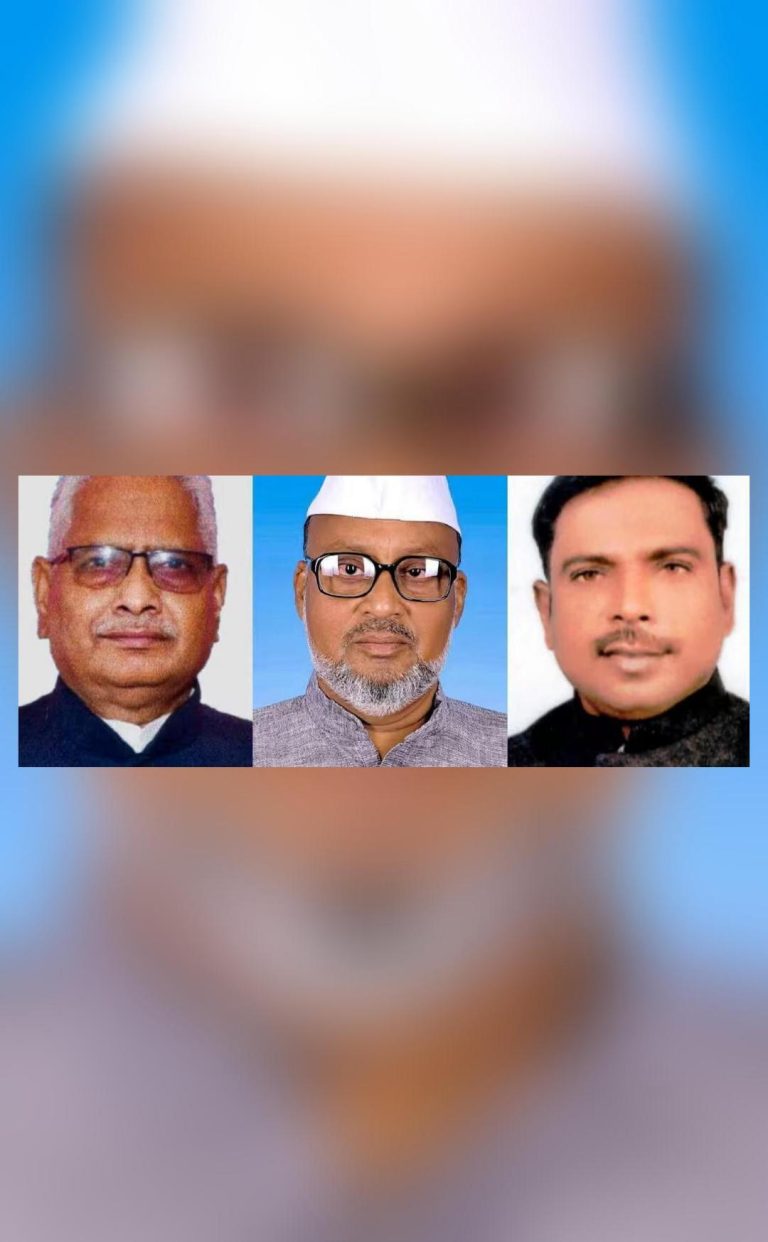
Why should I send water to Punjab?: J&K CM on canal proposal
The dispute over water sharing between Jammu and Kashmir (J&K) and Punjab has been a contentious issue for decades. Recently, the J&K CM Omar Abdullah sparked a heated debate when he reacted to the proposal of building a 113 km-long canal to redirect surplus water from the three western rivers of the Indus system in J&K to Punjab, Haryana, and Rajasthan. In a sharp rebuke, Abdullah questioned why J&K should be expected to send water to Punjab, citing the existing Indus Waters Treaty. In this blog post, we’ll delve into the background of the issue and explore the validity of Abdullah’s concerns.
Background of the dispute
The Indus Waters Treaty was signed in 1960 between India and Pakistan to resolve the water sharing dispute between the two countries. According to the treaty, the waters of the Indus River and its tributaries were allocated between the two countries. India was granted control over the western rivers, including the Beas, Ravi, and Sutlej, while Pakistan was allocated the eastern rivers, including the Chenab, Jhelum, and Indus.
For decades, J&K has been grappling with water scarcity, particularly in the Kashmir Valley. The region’s agricultural sector, which is the backbone of the economy, has been struggling due to inadequate water supply. In recent years, the situation has become even more critical due to climate change, which has led to erratic rainfall patterns and increased evaporation rates.
The proposed canal
In an effort to address the water scarcity issue in J&K, the Jammu and Kashmir government has proposed a 113 km-long canal to divert surplus water from the western rivers to Punjab, Haryana, and Rajasthan. The proposal has been met with strong resistance from the J&K CM, who has questioned the logic behind diverting water from one region to another.
Abdullah’s concerns
In a recent statement, Abdullah expressed his concerns over the proposed canal, saying, “Why should I send water to Punjab? Punjab already had water under the Indus Waters Treaty.” He further added, “Did they give us water when we needed it?” Abdullah’s concerns are rooted in the historical context of the Indus Waters Treaty, under which J&K has been allocated a limited share of the western rivers.
Punjab, on the other hand, has received a significant share of the waters under the treaty. In fact, Punjab has been accused of diverting a significant portion of the water meant for J&K, leading to a severe shortage of water in the region. Abdullah’s question, “Did they give us water when we needed it?” highlights the long-standing water sharing dispute between the two states.
Consequences of the canal
The proposed canal has far-reaching consequences for the ecology and economy of J&K. The state’s agriculture sector, which is heavily dependent on the western rivers, will be severely impacted if the water is diverted to other regions. The canal will also lead to the displacement of thousands of people, who will be affected by the construction of the canal.
Moreover, the diversion of water will also have a significant impact on the environment. The western rivers are a vital source of water for the region’s wetlands, forests, and wildlife. The diversion of water will lead to the degradation of these ecosystems, which will have long-term consequences for the environment.
Conclusion
The dispute over water sharing between J&K and Punjab is a complex issue that requires a comprehensive approach. The proposed canal is a contentious issue that has sparked a heated debate in the region. While the canal may provide temporary relief to the water-scarce regions of Punjab, Haryana, and Rajasthan, it will have severe consequences for the ecology and economy of J&K.
In conclusion, Abdullah’s concerns over the proposed canal are valid, and the issue requires careful consideration. The Indian government must engage in meaningful dialogue with the governments of J&K, Punjab, Haryana, and Rajasthan to find a sustainable solution to the water sharing dispute.
Source:






